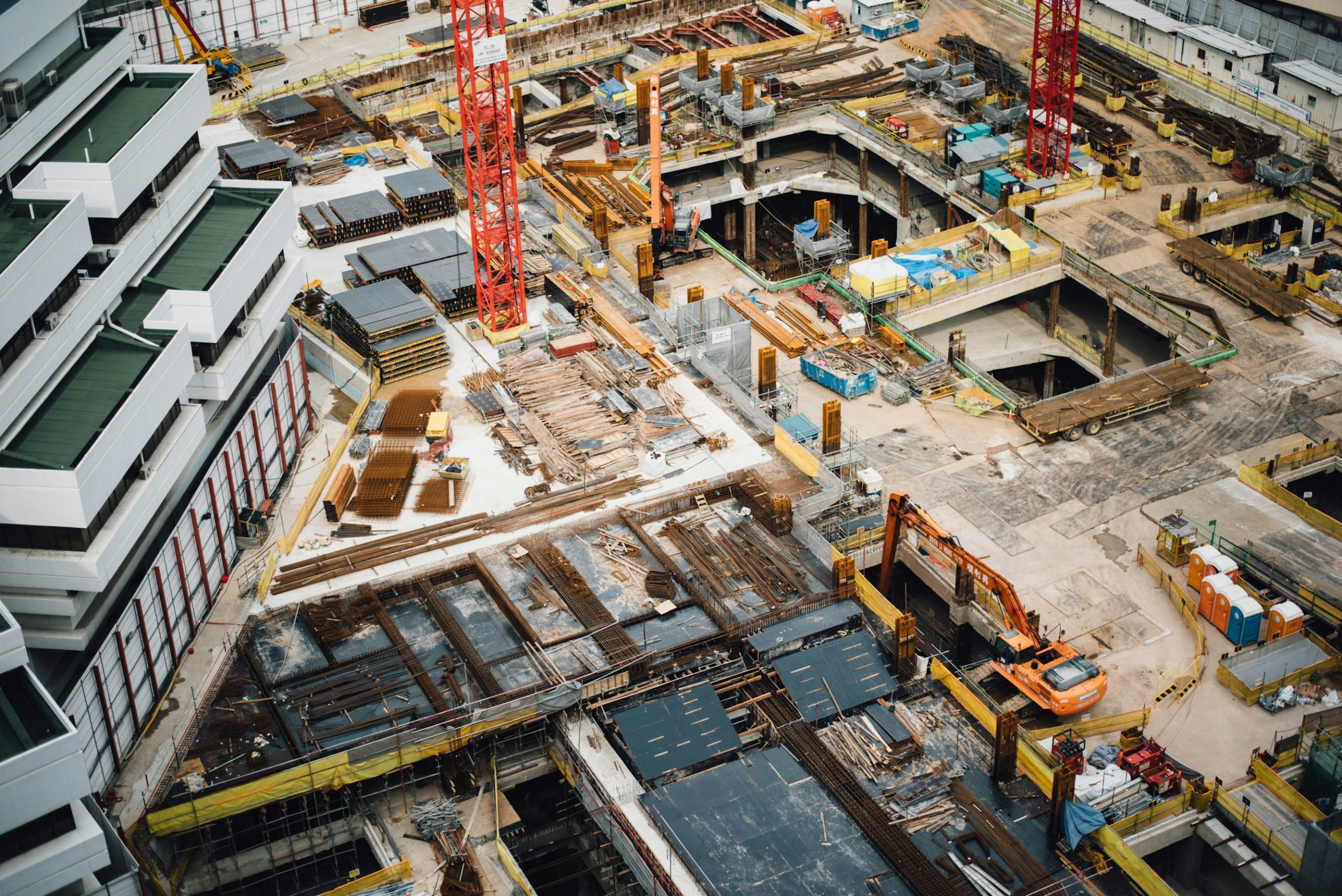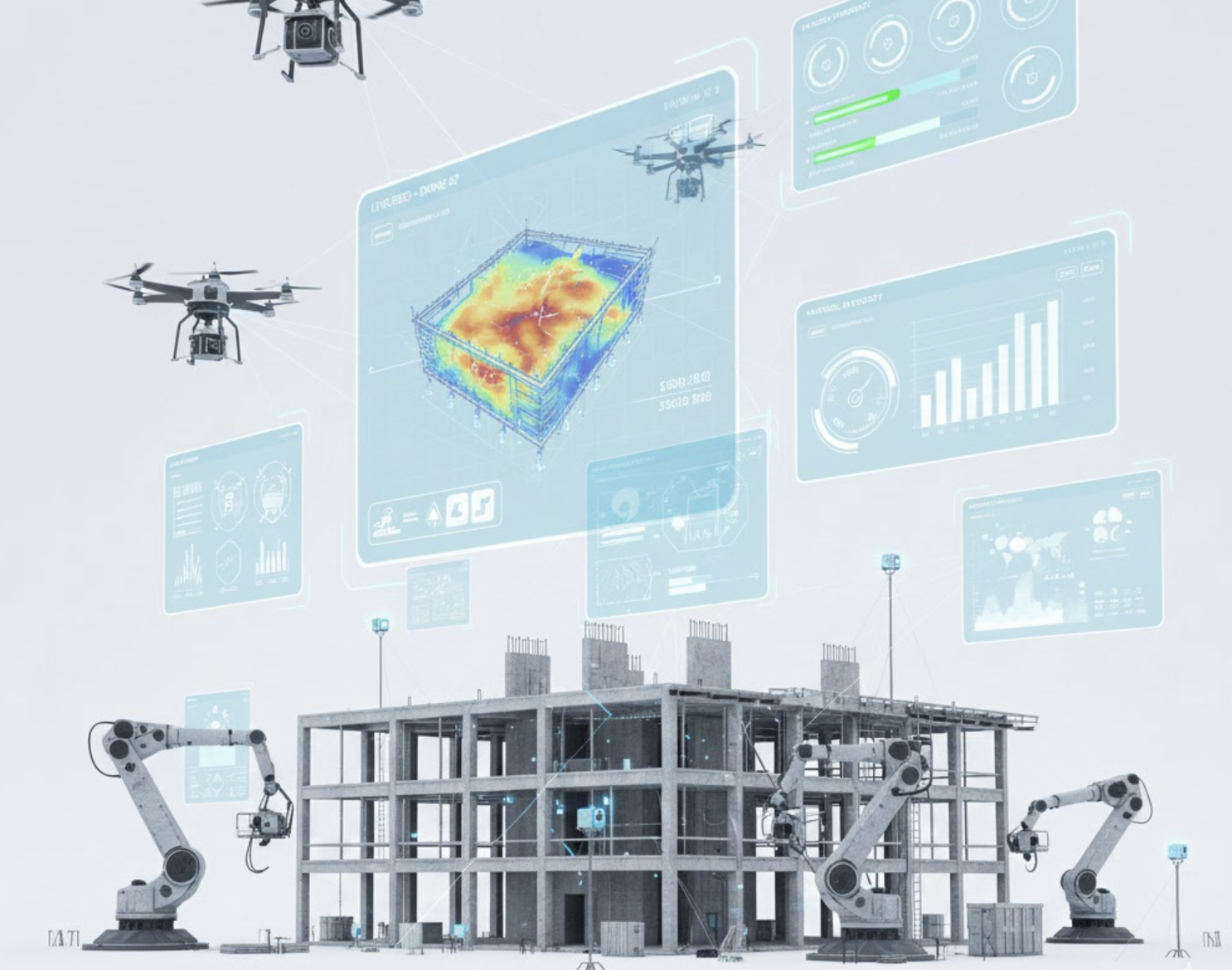Bridging the Gap Between Procurement and Jobsite Logistics
In the rapidly evolving landscape of the construction industry, the interplay between procurement and jobsite logistics is crucial for successful project delivery. Adopting an integrated approach enhances efficiency, reduces costs, and streamlines workflows. In this blog, we will delve into these components to understand how they contribute to successful project management, particularly with the aid of advanced construction project management software like Zepth.
Understanding Procurement and Jobsite Logistics
To establish a solid foundation, it’s essential to define the two primary components that influence construction project success: procurement and jobsite logistics.
Procurement involves sourcing and acquiring necessary goods and services for a construction project. This includes materials, equipment, and subcontracted services, as well as planning, evaluating suppliers, negotiating contracts, and ensuring compliance with quality and cost requirements. An effective procurement strategy is vital for the timely availability of resources, impacting productivity and project schedules significantly.
Jobsite logistics, on the other hand, focuses on the transportation, storage, and delivery of goods to the construction site. This aspect of the project involves coordinating various activities, managing logistics phasing, and facilitating effective communication among site teams. A seamless jobsite logistics process ensures that materials arrive when needed, preventing delays that could derail a project.
Effective Integration of Procurement and Jobsite Logistics
The integration of procurement and logistics is not merely beneficial; it is essential for reducing project timelines and costs. This cohesive approach significantly boosts overall productivity, ensuring that materials are sourced, delivered, and managed efficiently.
Tools like procurement logistics and tracking (PLOT) seamlessly combine procurement scheduling with logistics management. By aligning these processes, materials can be ordered and received according to their designated on-site dates, minimizing delays and costly overruns. The importance of timely delivery cannot be overstated; when materials arrive as per schedule, the entire project’s momentum is maintained, optimizing workforce utilization and resource allocation.
Key Components of Integrated Procurement and Logistics
Several core components significantly influence the effectiveness of integrated procurement and logistics.
- Submittals and Approvals: The design team undertakes the review of contractor submittals to verify they meet specifications set out in contract documents. Any delays in this process can adversely impact the procurement manager’s ability to purchase and organize timely deliveries.
- Purchase Orders and Supplier Coordination: Contractors issue purchase orders, and it is imperative for procurement managers to track the progress of these orders, ensuring timely delivery to the site. This includes verifying that orders arrive at the correct location, are safely offloaded, and are ready for installation.
- Logistics Coordination: Effective logistics coordination involves managing daily activities and communicating changes at the jobsite. Platforms like PLOT facilitate these processes by providing dynamic functionalities, PDFs, notifications, and alerts that keep teams informed and on track.
With these key components in place, teams can navigate the complexities of procurement and logistics integration, significantly enhancing the efficiency of their operations.
Use Cases and Best Practices
Adopting best practices is essential for achieving timely project delivery and maximizing efficiency.
- Timely Delivery: Ensuring that materials and equipment are ordered per the project schedule is of utmost importance. Advanced procurement tools can assist in calculating deadlines for material documentation submission, approval, and ordering based on on-site date requirements.
- Communication and Coordination: Effective communication among site teams is crucial. Tools that integrate submittals and schedules help maintain transparency, keeping everyone informed about changes and updates. Improved communication mitigates the risk of delays and miscommunication.
- Cost and Time Efficiency: Integrated procurement and logistics systems help reduce costs by preventing overstocking and ensuring that materials are delivered just-in-time. This method aids in keeping projects on schedule, therefore reducing the overall project timeline.
Emerging Innovations
The construction industry continues to evolve with the emergence of innovative technologies that enhance procurement and logistics integration.
- Construction Project Management Software: Utilizing specialized software like PLOT and other construction project management tools is becoming increasingly significant. These tools integrate procurement scheduling, logistics management, and submittal tracking, thus boosting project efficiency.
- Automation and Real-Time Tracking: Emerging technologies enable automation in procurement processes alongside real-time tracking of materials and equipment. This innovation significantly improves the accuracy and speed of logistics operations, further enhancing project outcomes.
How Zepth Can Help
Zepth offers a holistic platform tailored to bridge the gap between procurement and jobsite logistics efficiently:
- Integrated Platform: Zepth’s comprehensive platform seamlessly integrates procurement scheduling with logistics management, ensuring timely material delivery while significantly reducing delays and costs. This alignment supports enhanced project delivery and operational efficiency through effective monitoring.
- Dynamic Functionality: With dynamic features such as notifications, alerts, and customizable reports, Zepth keeps all team members informed and engaged. Enhanced communication leads to improved coordination, which in turn boosts overall project productivity.
- Customized Solutions: Each construction project has unique needs, and Zepth accommodates this with customizable solutions designed to ensure that the integration of procurement and logistics is both seamless and effective. Explore the wide-ranging capabilities offered by Zepth’s construction project management tools for more detailed insights.
By leveraging these integrated approaches and advanced tools like Zepth, construction projects can achieve enhanced efficiency, reduced costs, and improved productivity overall. This transformation is vital in a competitive landscape where achieving timely results within budget constraints is paramount.




